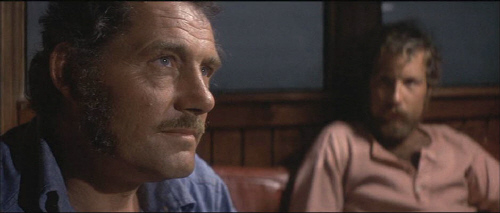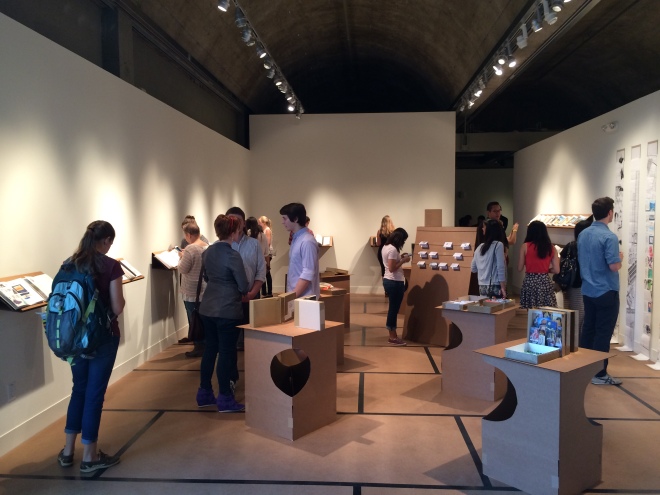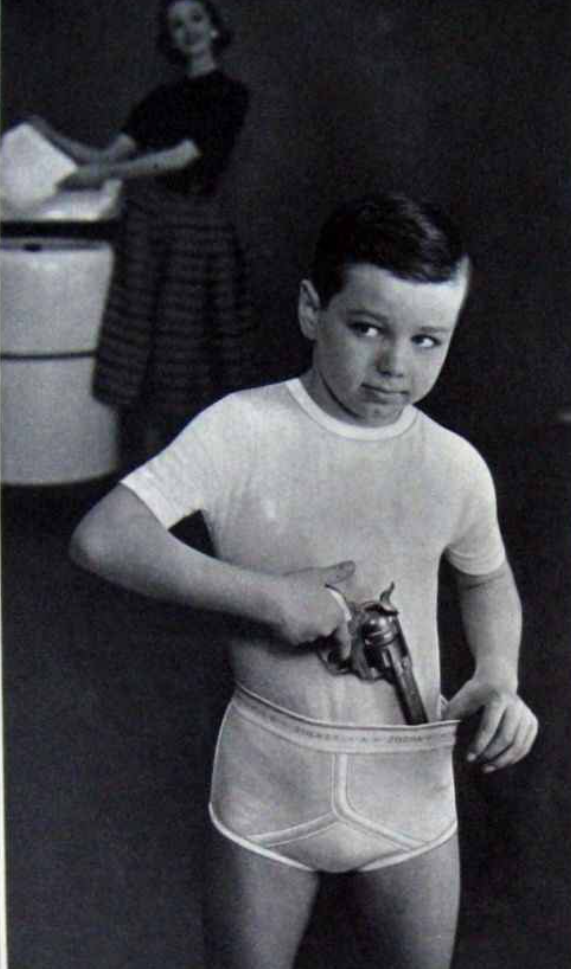
I am a middle-aged white man. And I can recognize some, but not all, of the societal privileges afforded to me for no other reason than I am a white man. I feel it is important to establish that upfront. I have accomplished things in life partly due to my efforts and partly because of my accident of birth. Accident of birth. What else can I call it? In addition to being born a white male, I was also born in the United States. Again, not of my choosing. But here I am, and I accept the failings in my life as my burden, my fault. I take full ownership of my failures but share my victories as being due to my efforts, others’ efforts, white privilege, and the combination of those factors occurring here in the United States.
The paragraph above is enough to exclude me from the Libertarian party, who believe they alone are responsible for the air they breathe, and they’d like you to thank them for making enough for you like it’s Reardon Steel.
With that backdrop established, let me tell you a little about my upbringing. My first best friend was black. We shared the same first name. When he or I moved away, I’m not sure what happened (I was young and cursed with a terrible memory), my next best friend was Jewish. And the thing is, it didn’t matter. I didn’t care. Or I hadn’t learned from society to hate yet. The only thing I now hate is willful ignorance. I learned so much from my friend about Judaism, its holidays, and the amazing food! I was raised Catholic (as was most of the state in which I was raised). I assumed everyone was Catholic. It wasn’t until much later that I learned Catholicism was itself but a branch of Christianity and Christianity a branch of organized religion.
Throughout my life, until I was probably 30 years old, I assumed that the problems of the past were destined to be solved by my generation. Racism being foremost in my mind and the easiest to solve. It was just wrong! That’s easy to fix, I thought. It was, I thought, the low-hanging fruit of justice, and I assumed I no longer lived in a country responsible for strange fruit (listen to the song). I also thought later in life that gun violence in America would be easily fixed after 26 first and second-graders (and educators) were slaughtered at Sandy Hook in Newtown, CT. In both situations, I learned there was a generational fallacy in my thinking. I assumed my and subsequent cohorts, armed with better information, compassion, and the benefit of 20/20 hindsight, would see the obvious path to social justice. How I was wrong! Chronological snobbery? Maybe. I now believe it is a combination of regional biases and willful intransigence that prevents solving society’s problems.
Dr. Martin Luther King, Jr. would be 94 years old now if he had not been murdered at age 39 in 1968. What he did, what all who fought for civil rights in America in the 1950s and 1960s, and accomplished, cannot be appreciated using today’s time prism. The Overton Window has undoubtedly shifted on civil rights and many other topics. What they accomplished then, at great personal risk and, for some, with their lives, is monumental. However, the Overton Window is not a slider moving in one direction but a pendulum constantly swinging between the warmth of progress and the cold intransigence of those benefiting from the status quo. “Make America Great Again” is the most recent example of this philosophical ossification. “Progress” is seen as a threat to their privilege. Equity and equality are, ironically, seen as unfair. Diversity, Equity, and Inclusion programs are seen as nefarious as Affirmative Action. After George Floyd was murdered by the police, DE&I programs blossomed nationwide, and workplaces and communities benefited from new thinking. Unfortunately, today we see the pendulum swinging the other way and DE&I programs being cut in red states all across an even more divided America.
I saw an interview with Martin Sheen recently. He has been arrested for protesting more times than he can count. And it has cost him roles. He said, “If what you believe doesn’t cost you anything, then you’re left to question its value.” He is 83 years old now. And I couldn’t help but appreciate his passion.
I confess to being a West Wing fanatic. I adored that show (especially the first four seasons written by Aaron Sorkin). I think the season finale of the second season (Two Cathedrals) is the best episode of television ever created. That said, and while I remain a devout fan, I also think it ruined politics for me and a generation of those like me. I assumed life was a meritocracy and not the plutocracy and cleptocracy it truly is. I appreciated the sincere debate depicted in the show and assumed that was how politics worked. Today, there is no debate, only sound bites, social media gotcha’s, net zero wins, and tribalism, where a foundation of facts cannot be agreed upon. We can’t even agree on what is a fact!
Martin Sheen lives how Aaron Sorkin writes.
Contrast that with today’s news that 25-year-old NASCAR driver Noah Gragson was suspended indefinitely for liking a disgusting meme laughing about George Floyd’s death. He’s 25 years old. So, no, I no longer believe my generation will solve society’s ills no more than I think my children’s generation (or Noah Gragson’s) will move us forward.
They say the first step in solving a problem is acknowledging there is a problem. We haven’t graduated from that simple first step. There is no low-hanging fruit when those on the other side will embrace any atrocity rather than let you “win.” And for that, society loses.
My generational fallacy has cost me. Not as much as those in the fight every day. It is a cost for which I feel the need to apologize. It has cost me from seeing the issues clearer. Evidence of that is easy to see. Reread this and count the number of times I say a version of “assume.” However, contrary to the familiar American saying, in this case, it has only made an ass out of me. I hope to do better. I dream of our country doing better. And now, not generationally.











 Your assignment today is to watch two videos and then think.
Your assignment today is to watch two videos and then think.